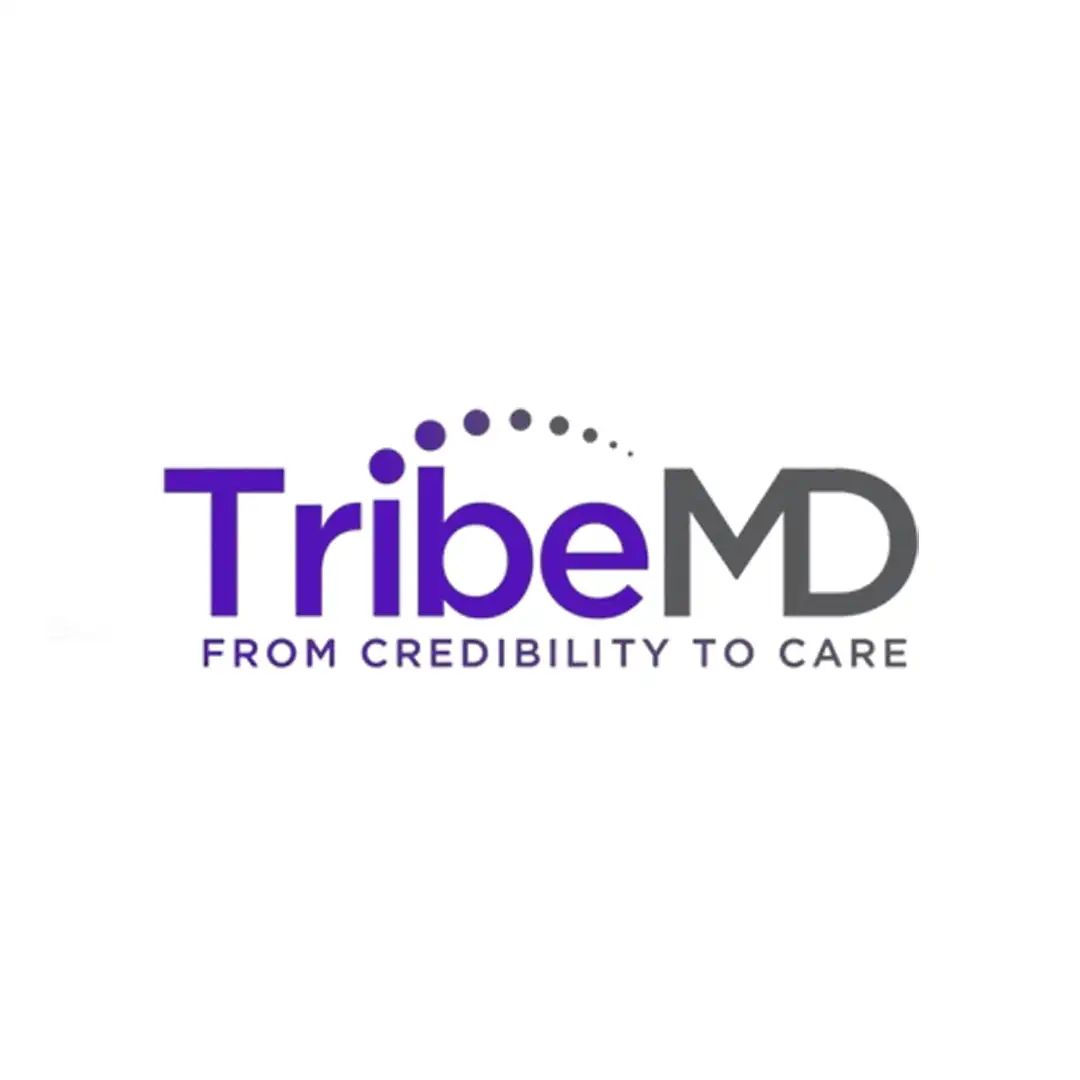
The European Society for Medical Oncology (ESMO) has released a comprehensive consensus statement on the prevention, diagnosis, and management of cardiovascular disease (CVD) in patients undergoing cancer therapy. The guidelines emphasize the importance of integrating cardio-oncology into routine oncologic practice to address the growing burden of treatment-related cardiotoxicity.
The document highlights that baseline cardiovascular risk assessment is essential for all patients before starting potentially cardiotoxic therapies, including anthracyclines, HER2-targeted agents, VEGF inhibitors, immune checkpoint inhibitors, and thoracic radiotherapy. Recommended baseline evaluations include clinical history, physical examination, ECG, echocardiography, and cardiac biomarkers (troponin and natriuretic peptides).
For high-risk individuals, ESMO advocates for early referral to specialized cardio-oncology services and the initiation of preventive measures such as lifestyle modification and cardioprotective medications (beta-blockers, ACE inhibitors, statins) where indicated. Surveillance frequency should be individualized according to treatment type, cumulative dose, and patient comorbidities.
The guidelines stress the need for prompt recognition and management of acute cardiovascular events, such as myocarditis from immune checkpoint inhibitors or acute coronary syndromes triggered by VEGF inhibitors. Long-term follow-up is crucial, as late-onset cardiotoxicity, including radiation-induced heart disease and chemotherapy-related cardiomyopathy, can occur years after treatment completion.
Importantly, ESMO underscores the role of multidisciplinary teams—including oncologists, cardiologists, nurses, and rehabilitation specialists—in optimizing outcomes. Research priorities include refining risk prediction models, validating cardioprotective strategies, and expanding access to cardio-oncology care globally.
Editorial note: This content was developed with the support of artificial intelligence technologies to optimize the writing and structuring of the information. All material was carefully reviewed, validated, and supplemented by human experts prior to publication, ensuring scientific accuracy and adherence to good editorial practices.
#CardioOncology #ESMO #CancerCare #Cardiotoxicity #OncologyGuidelines
Sources
- Lyon AR, Pudil R, Ameri P, et al. 2025 ESMO consensus recommendations on cardio-oncology in adult cancer patients. Ann Oncol. 2025;36(2):97-120. doi:10.1016/j.annonc.2024.12.004.




